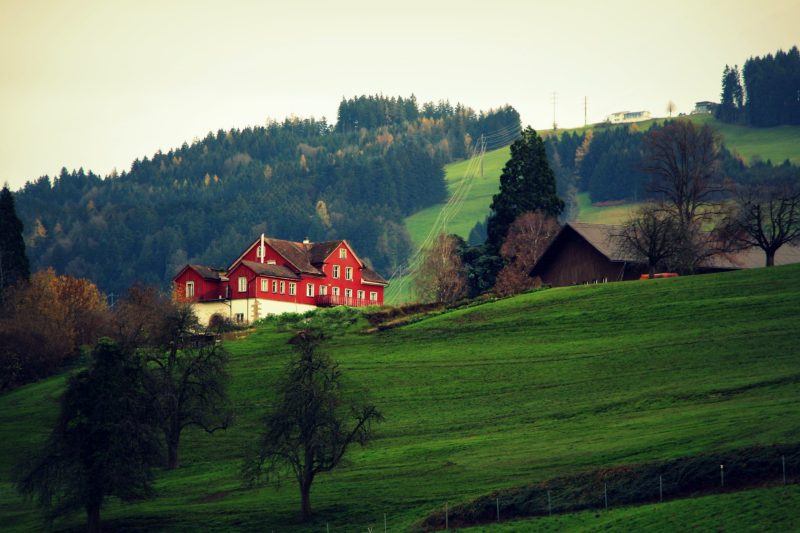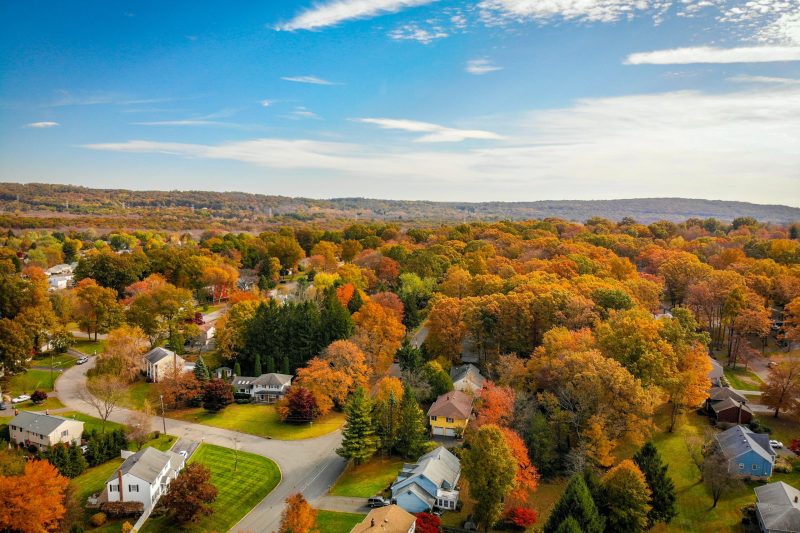Buy with No Money Down in Phoenix, IL
“Learn about the Benefits of the Phoenix, IL USDA home loan with Smart Mortgage!”
Phoenix, Illinois USDA Loan Benefits
The Phoenix, IL USDA home loan program, designed to assist rural homebuyers, offers several significant benefits. Here’s a guide outlining its key advantages:
- No Down Payment Required: One of the most significant benefits of the Phoenix, IL USDA loan is that it does not require a down payment. This feature makes homeownership more accessible to many who may struggle to save for a large down payment.
- Lower Interest Rates: Typically, USDA loans come with interest rates that are lower than conventional loans. This can result in significant savings over the life of the loan.
- Lower Mortgage Insurance Costs: Compared to other loan types like FHA or conventional loans, USDA loans often have lower mortgage insurance costs. This reduces the overall monthly payment and can make housing more affordable.
- Flexible Credit Guidelines: USDA loans have more lenient credit requirements compared to conventional loans. This is beneficial for buyers with less-than-perfect credit histories.
- 100% Financing: Since there’s no down payment required, Phoenix, IL USDA loans offer 100% financing. This is particularly helpful for buyers who have good income but limited savings for a down payment.
6. Fixed-Rate Mortgages: USDA loans are typically fixed-rate mortgages, which means the interest rate remains the same throughout the life of the loan. This predictability is beneficial for budgeting and financial planning.
7. Assistance for First-Time and Repeat Buyers: The program is available not only to first-time homebuyers but also to those who are buying a home for the second time or more, as long as they meet the eligibility criteria.
8. Geographical Flexibility: Although designed for rural areas, the definition of “rural” includes many areas around Phoenix, IL as well. This offers a broader range of locations for potential homeowners.
Questions Call (888)416-4805
Get cash from your home.
Apply to see how a Phoenix, IL cash out refinance can help you.
Homebuyer Seminars
Discover the keys to homeownership at our Phoenix USDA home buying seminar – your first step towards securing your dream home!
See our home loans.
Explore our diverse range of Phoenix, IL home loan programs tailored to fit your unique needs!
9. Potential for Property Repairs and Improvements: In some cases, USDA loans in Phoenix, IL can be used to purchase and repair a home. This is particularly advantageous for buyers looking at homes that may need some TLC.
10. No Maximum Purchase Price: Unlike some other loan programs, USDA loans do not have a maximum purchase price limit. However, the borrower’s ability to repay the loan is considered.
11. Streamlined Refinancing Options: For those who already have a USDA loan, the refinancing process is streamlined, making it easier and faster to reduce interest rates and monthly payments.
We Service the Following Areas in Illinois:
Do you need a Pre-Approval?
Get a same day USDA pre-approval to shop for your dream home!
Mortgage Resource Center

Why Veterans Might Opt for USDA Loans Over VA Loans
Title: Exploring the Choice: Why Veterans Might Opt for USDA Loans Over VA Loans Introduction When it comes to home financing options for Read more
Government Rural Home Loans: A Rising Trend Heading into 2024
Introduction As we approach 2024, government rural home loans are gaining significant traction, offering promising opportunities for individuals Read more
Learn more about Phoenix, Illinois
Phoenix is a village in Cook County, Illinois, United States. The population was 1,708 at the 2020 census. It is located approximately 19 miles (31 km) south of the Chicago Loop in the Chicago area.
The development of Phoenix is closely tied to its larger neighbor, Harvey. Harvey was established as an industrial city with no saloons. Many of its early factories were located between the Illinois Central Railroad and Harvey’s eastern boundary at Halsted Street. One local businessman, William McLatchy, owned a large tract of land in an unincorporated area outside of Harvey. Soon, five saloons had opened in the area and a small housing subdivision known as Phenix Park was constructed during the 1890s. City leaders in Harvey, seeing businesses just outside their boundaries selling alcohol to local workers, sought to annex Phenix Park and render it “dry” or free of alcohol-related establishments. The residents of Phenix Park wanted to retain local control of their affairs as an independent village. On August 29, 1900, an election was held to determine the future status of the area. A total of 56 votes were cast with 38 (67.9%) voting in favor of incorporation and 18 (32.1%) against. Despite legal challenges from Harvey, the result was upheld.
After incorporation, the name Phenix Park was changed to Phoenix. By 1910, the village had a population of 500, with most residents being of either Dutch or Polish ancestry. The first African Americans moved to Phoenix in 1915. Most came from Chicago and the South. Industry in Harvey and the railroads provided a strong employment base for Phoenix residents. The African American population steadily increased during the 1920s. By 1930, the village was home to 3,033 people. The demographic makeup of the community was 84.2% White, 15.1% Black, and 0.7% other. Growth continued through the 1940s and 1950s. New housing was constructed to accommodate this growth. The population in 1960 was 4,203. At this time, Phoenix had a diverse ethnic composition but the community was racially segregated. African Americans, comprising 65.3% of the population, lived in the northern portion of the village while Whites, forming 34.7% of the population, lived in the southern portion of Phoenix. In 1960, the municipal administration of Phoenix voted to de-annex the predominantly White portion of the village into Harvey. The exchange occurred in 1962 and with it, Phoenix lost one-third of its population as well as 60% of its tax base.
By 1990, the population was 2,217.
On October 16, 1979, Phoenix Mayor William Hawkins was shot and fatally wounded in an ambush outside of his home. He died two days later. Bobby Joe Anderson, a city policeman, was indicted 13 years later for the crime and was convicted of first degree murder in the killing of Hawkins.









